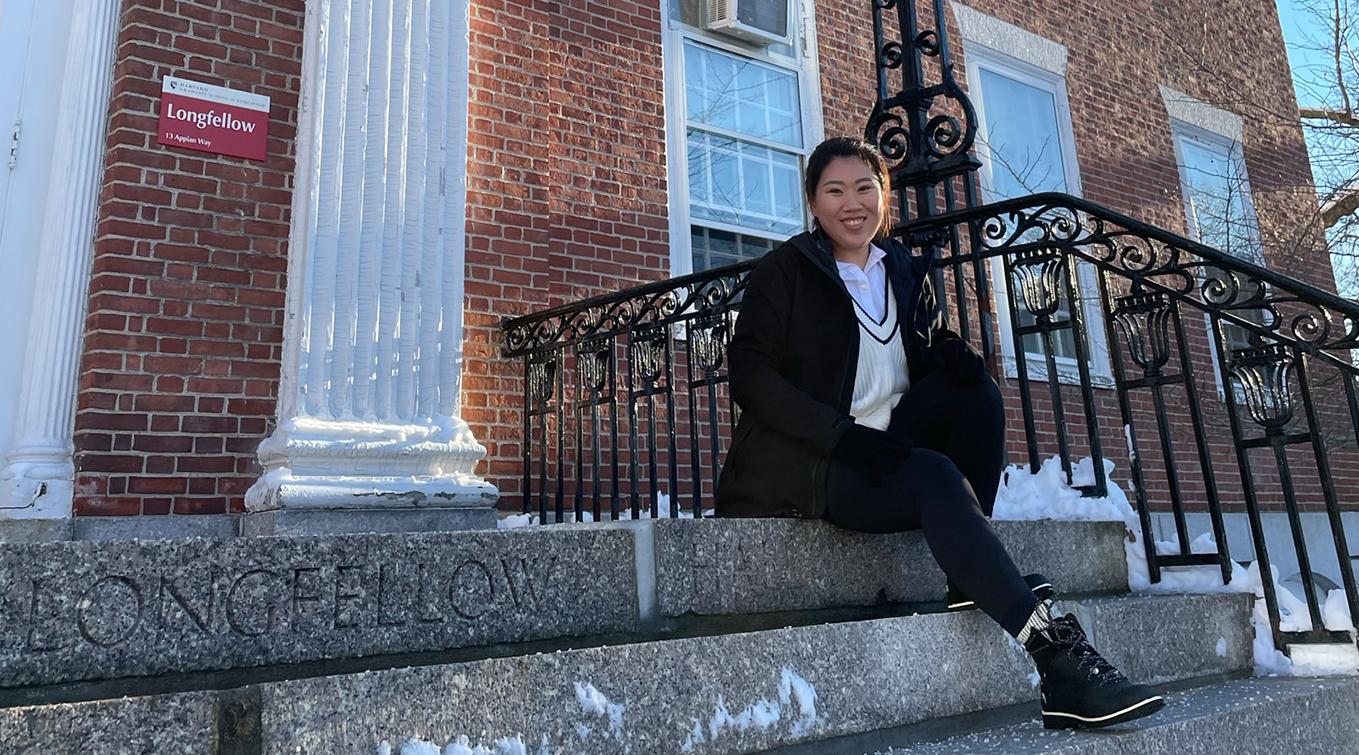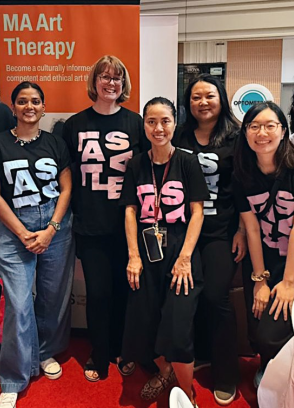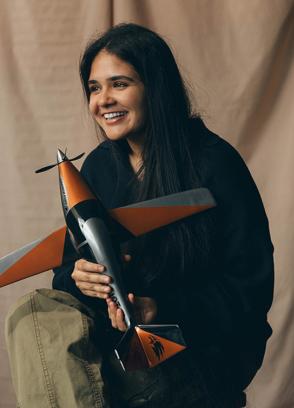Alumna Miso Choi followed up her performance-centric BA(Hons) Acting degree at LASALLE by pursuing a Master of Education in Human Development and Education at Harvard University. While Harvard may be prestigious, one can’t help but wonder why Miso – a talented performer in her own right – wasn’t pursuing an acting career when she had invested so much time and effort in actor training.
To Miso, this move is neither one of practical compromise nor one which forsakes all the training that she had undergone. Rather, it is the culmination of a lifelong journey, merging her personal history as a third culture kid, her training in acting and performance, together with a passion for research and theory cultivated at LASALLE. The path is not, as many imagine, a paradigm of either/or. Rather than choosing between being a performer or an academic, one can be a researcher, educator and performance-maker at the same time, like so many mentors and lecturers that Miso encountered during her time at LASALLE.
We catch up with Miso as she graduates from Harvard, and learn more about her passion for using drama as a tool to teach English to Speakers of Other Languages (ESOL) and how her time at LASALLE cemented her interest in research and academia.
Your research at Harvard was centred on using drama and theatre pedagogies as a means to teach ESOL. Have you always been interested in this topic?
It goes back to my first experience of theatre. Even though I am Korean, my family moved to the Phillippines when I was seven and I grew up there. I had a bit of a culture shock when I first moved, because I suddenly had to acquire a whole new language. And so my parents sent me to a summer theatre workshop to better learn the language. We did a lot of theatre activities and games, eventually putting on an adaptation of Pinocchio. Even though my role didn’t have dialogue, the experience stuck with me. I loved that theatre was not only something that was collaborative and creative, but also helped me get over my fear of learning a new language.
Later on, prior to starting my studies at LASALLE, I took a 10-month break in Korea during which I worked as a drama teacher in various rural areas. Korean public schools don't emphasise the skills of speaking and writing in their English curriculum. So I was creating curricula that used drama as a tool to help students to use the language in a more authentic setting.

As a third culture Korean kid who grew up in the Philippines, how did you end up pursuing a BA(Hons) Acting at LASALLE in Singapore?
After my first Bachelor’s degree in English, I first spent two years studying the Meisner technique full time at William Esper Studio in New York. It really sparked my love of acting, and the whole process of putting myself into different characters and exploring a whole other life through characters. After the programme ended, I really wanted to continue studying acting, and having grown up and studied abroad, I've always had this desire to go back to Asia.
As a third culture kid, I found it admirable to meet people who are so proud and secure in their cultural identity. Lacking that, I wanted to pursue acting in an academic setting in English, but I also wanted it to be a programme that integrated Asian culture. And so after a lot of searching, I stumbled upon LASALLE.
I loved the fact that LASALLE had an emphasis on intercultural acting—they were not only bringing in Western practices, but melding them with traditional Asian theatre principles from Japanese noh to Indian kathakali.
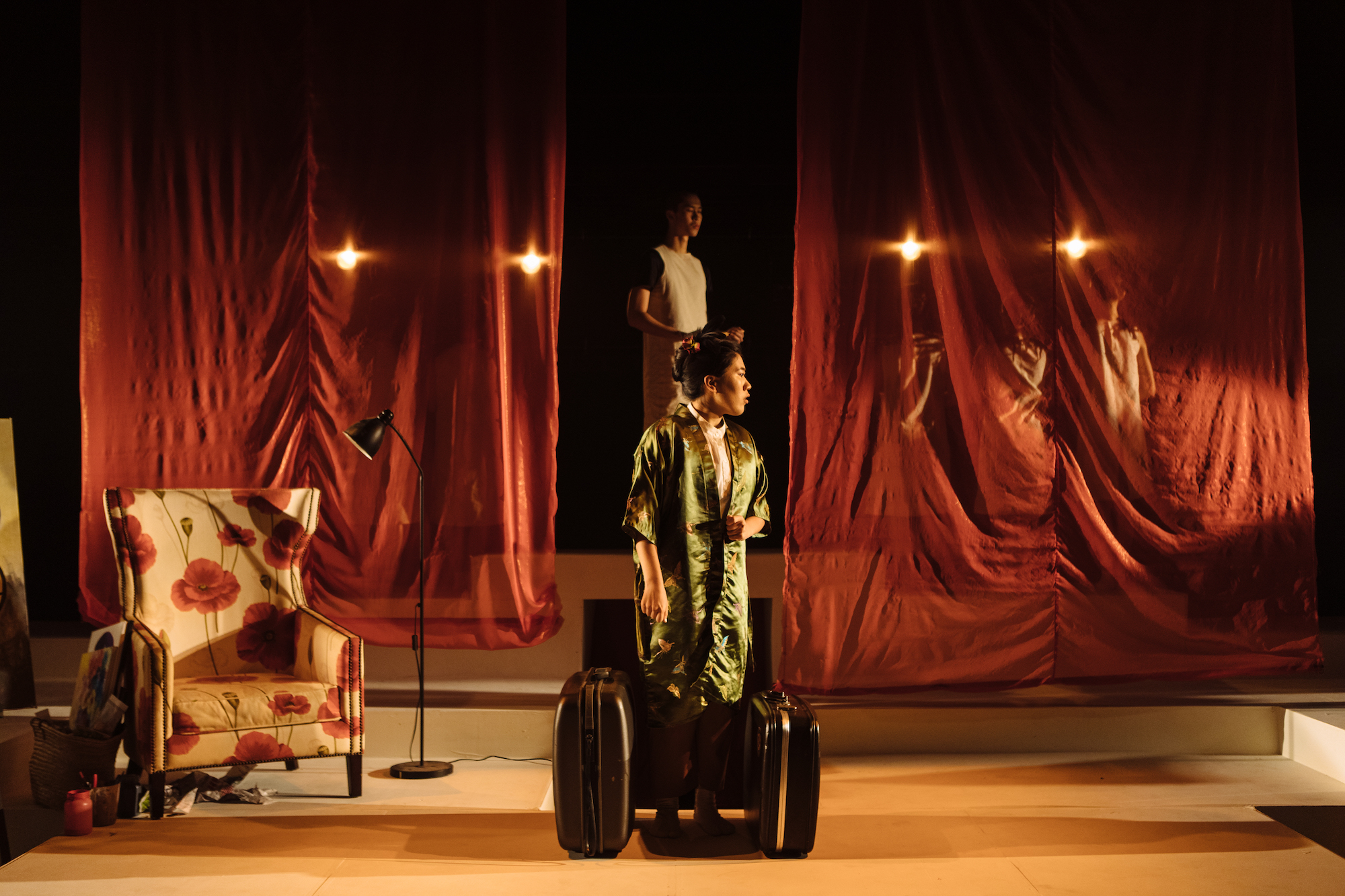
Did you always know you were going to move towards research and academia?
When I first came to Singapore, I just wanted to be an actor. But while at LASALLE, I realised that I loved the performance history analysis classes taught by [Dr Felipe Cervera]. And Felipe was really great at balancing how he challenged us to think intellectually but also as actors. So as we read through a play, we were not only analysing the scene, but also learning the historical context and political climate of when it was written. And while I love performing and being on stage, by my second year, I knew that it was not my calling as the classes that excited and challenged me more were the academic classes.
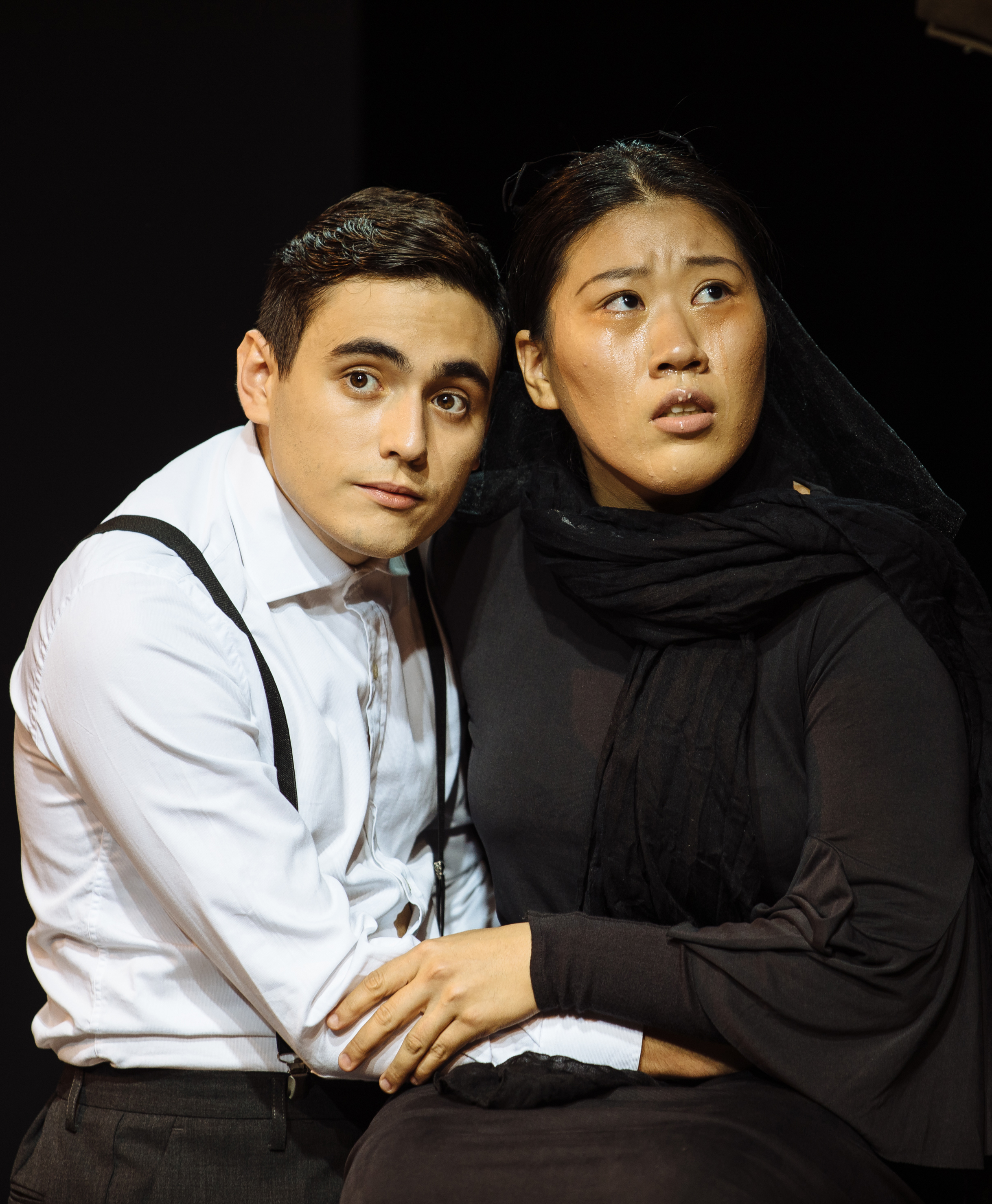
Also, seeing Felipe and other lecturers like Dr Elizabeth de Roza, who all were actors but also pursued PhDs to become academics, made me realise I don't really need to pursue acting just because I studied acting performance. Knowing that my lecturers took different paths really opened my eyes to the possibilities afforded by an acting education. And so I was very passionate about merging my training with my interest in ESOL education, as I did in my gap year using drama as a tool to teach English language to ESOL learners.
I really have to express my gratitude to Felipe and how he was so gracious in helping me throughout the entire postgrad programme application journey. He was extremely supportive in writing letters of recommendation for my applications.
There is a belief that performance-centric programmes such as the Acting programme at LASALLE are geared solely towards training practitioners, so it’s interesting to hear that it gave you a love for academia
I definitely feel that there was a big emphasis on practical acting classes as well. The academic classes stuck out for me because of my interests, but a lot of my classmates are still going onto the actor route. So it just shows that the programme caters to both types of students and strikes a really good balance.
Above all, the structured opportunities that LASALLE provided really helped foster creativity and challenged my thinking as an artist and a student in academia... The interactions I had with my lecturers really allowed them to get to know me as a person and student, which then helped me develop emotionally, mentally, socially, and most importantly, academically."
Above all, the structured opportunities that LASALLE provided really helped foster creativity and challenged my thinking as an artist and a student in academia. On top of that, our lecturers—Felipe, Elizabeth, Melissa and Soumya—conducted their classes with genuine care and incorporated empathy into instruction. The value of empathy in academia at LASALLE is such a promising determinant of high-quality teacher-student interactions.
The interactions I had with my lecturers really allowed them to get to know me as a person and student, which then helped me develop emotionally, mentally, socially, and most importantly, academically. That factor of empathy in academia really defined the programme for me. It was an amazing three years.
What’s next for you?
When I return to Korea in July, I will be opening my own English language learning after-school academy for elementary school students, focusing on practical skills of speaking and writing through drama and creative writing.
I've been studying for a long time and absorbing a lot, and now I really want to apply it. I want to get my hands dirty, work directly with the kids, so I can know what works and modify it on the spot. This is the same as in actor training—your lecturers teach you acting techniques in the classroom, but you are also put onto productions, because you need to go out there and apply all the skills you've learned. I consider this next step as my own pilot study where I see firsthand what's happening and do my action research on the ground.
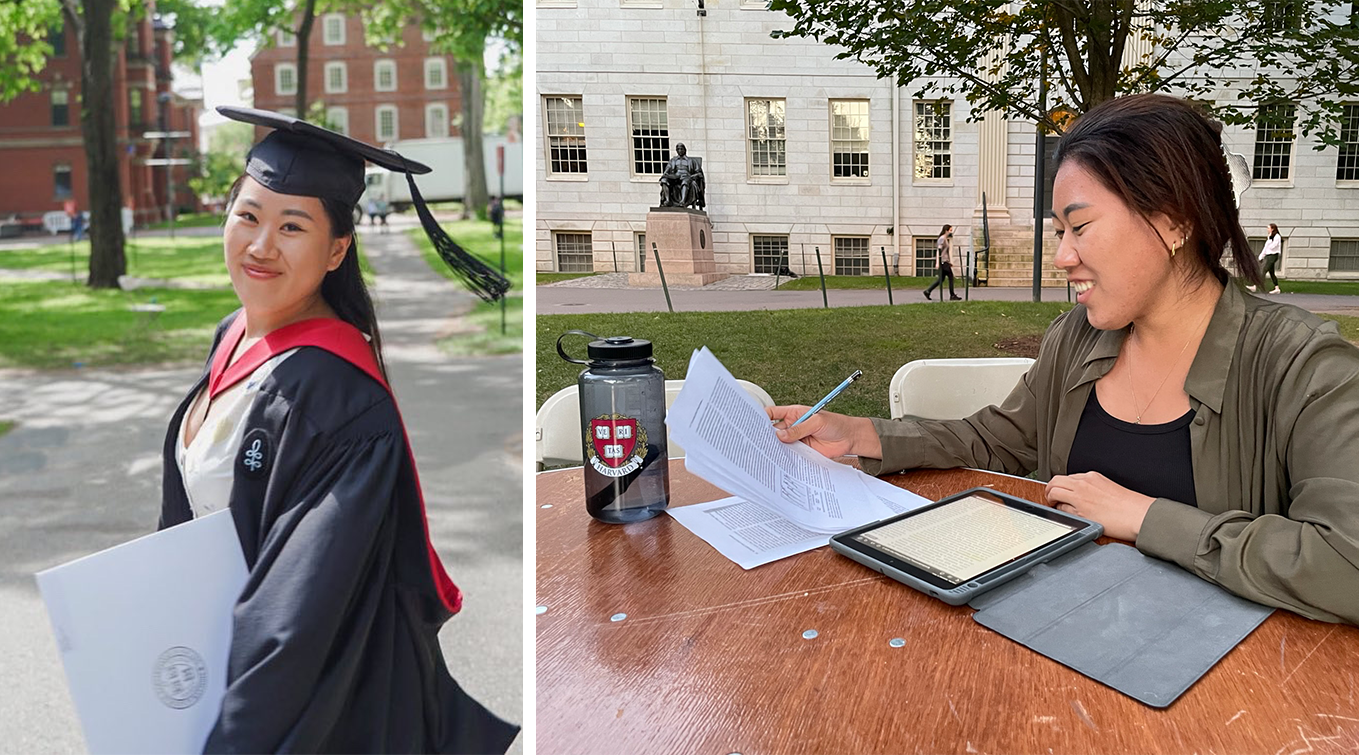
'What happens after art school?' is an ongoing series that follows our alumni's work/life after LASALLE. Other instalments:
#2: Animation alumna Eunice Khoo on production managing Marvel films
#3: Nikhil Amarnani on starting his own recording studio
#4: Tan Wei Xiang on taking the time to build your portfolio
#5: Kiat Tan Wei Jie on not stressing over the destination
#6: Felicia Toh on breaking into a competitive industry

